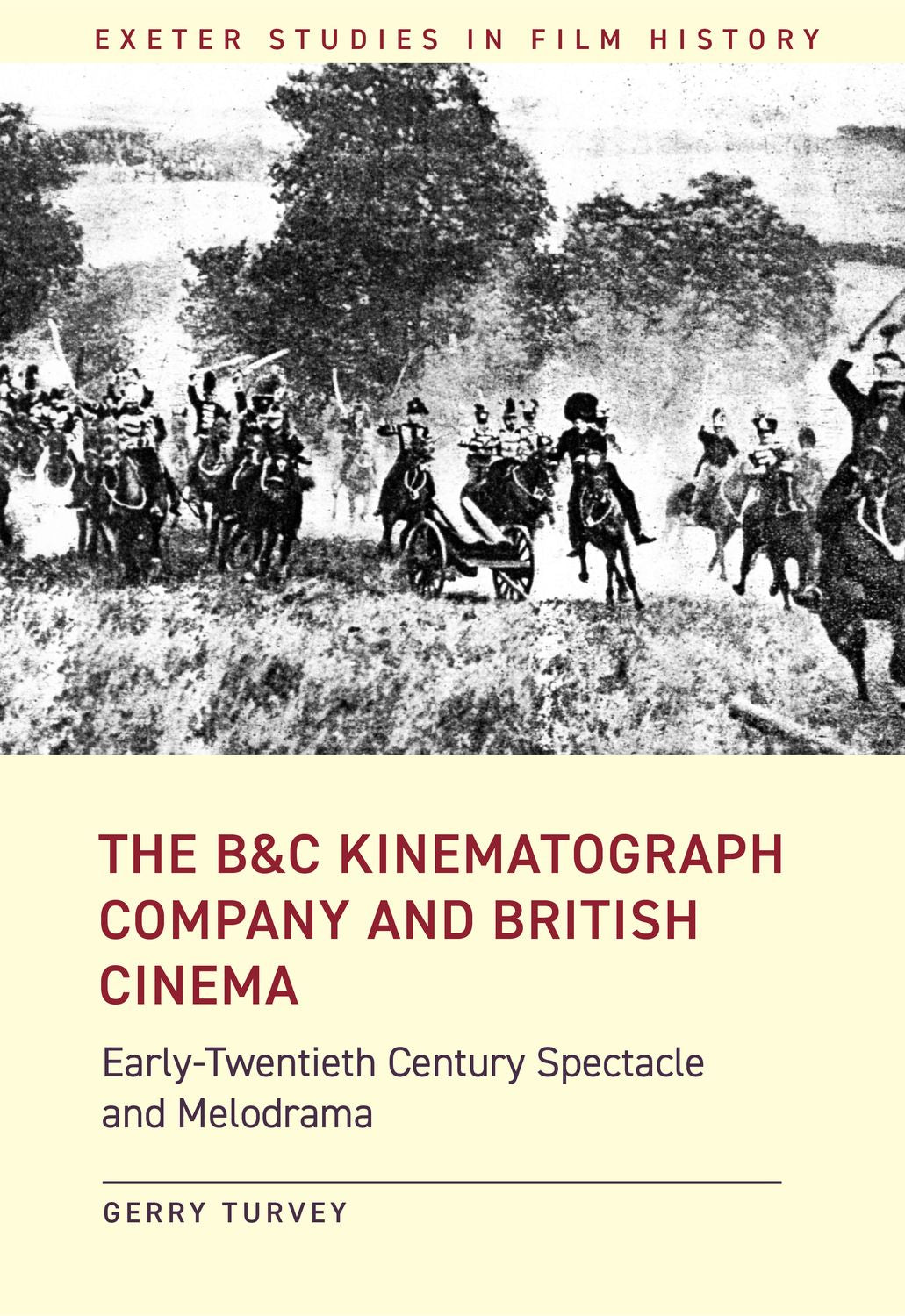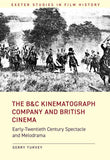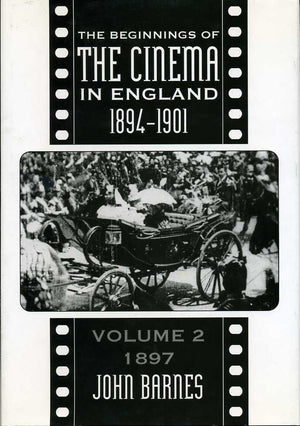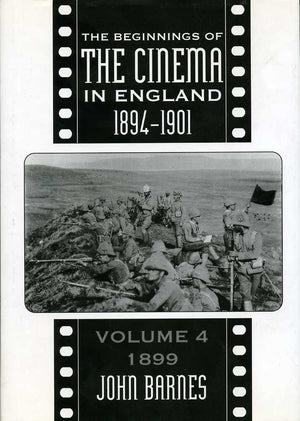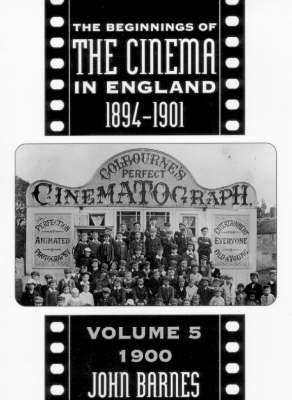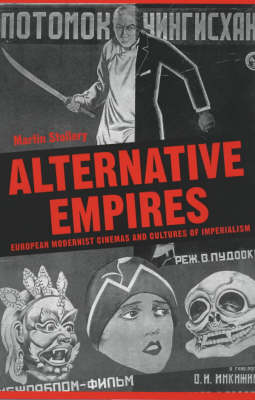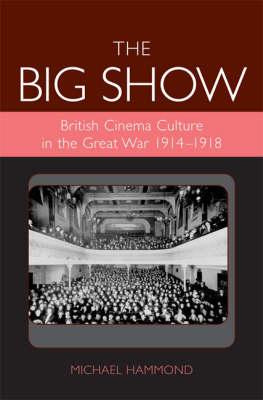University of Exeter Press
The B&C Kinematograph Company and British Cinema
Early Twentieth-Century Spectacle and Melodrama
Couldn't load pickup availability
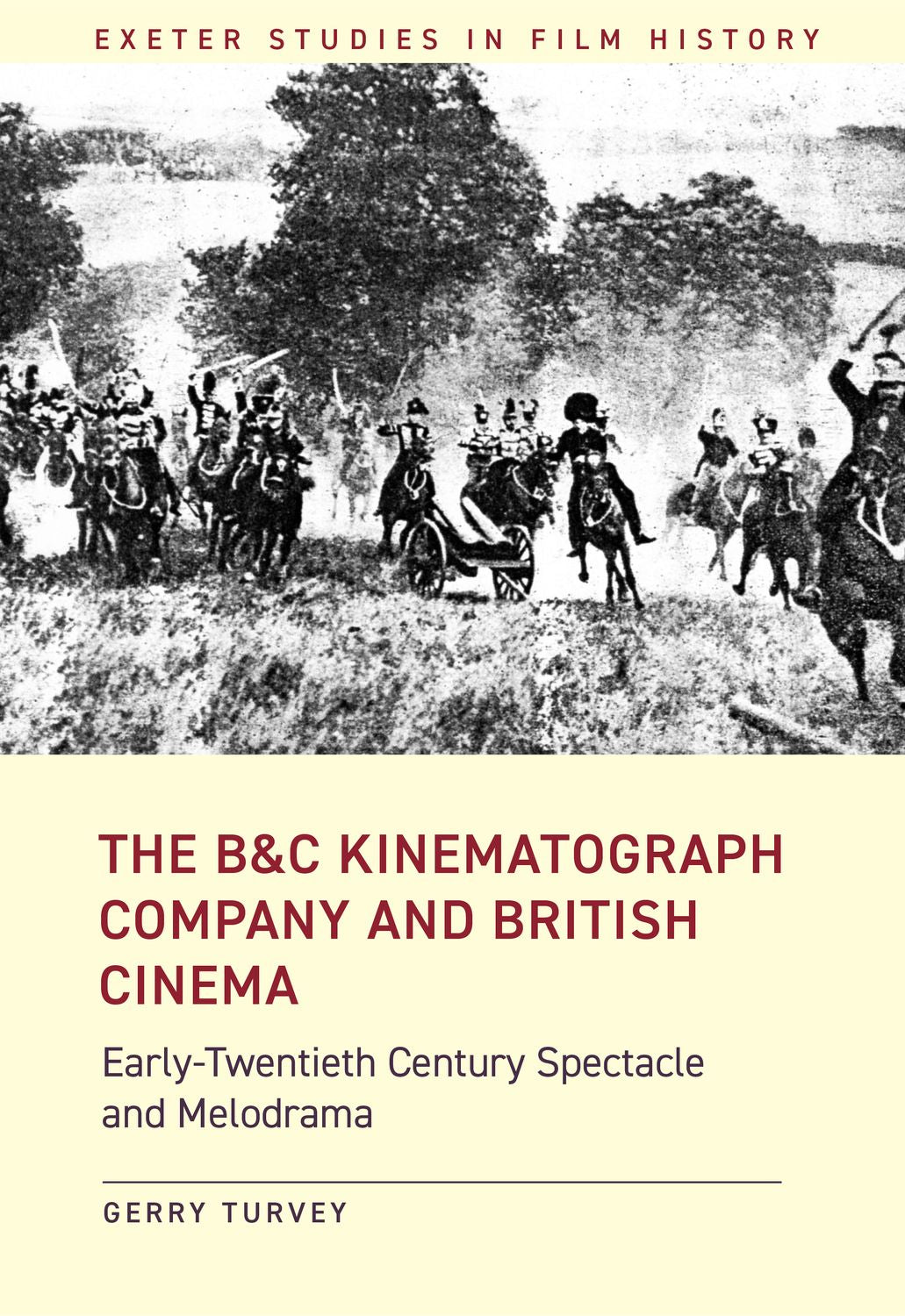
- 448 Pages
This book sheds new light on the under-researched period of early British cinema through an in-depth history of the British and Colonial Kinematograph Company—also known as ‘B&C’—in the years 1908–1916, the period when it became one of Britain’s leading film producers. It provides an account of its films and personalities, and explores its production methods, business practices and policy changes.
Gerry Turvey examines the range of short film genres B&C manufactured, including newsworthy topicals and comics, and series dramas, and how they often drew on the resources of urban Britain’s existing popular culture—from cheap reading matter to East End melodramas. He discusses B&C’s first open-air studio in East Finchley, its extensive use of location filming, and its large, state-of-the-art studio at Walthamstow. He also investigates how the films were photographed and ‘staged’, their developing formal properties, and how the choice of genres shifted radically over time in an attempt to seek new audiences.
DOI: https://doi.org/10.47788/SGOE1157
B&C was one of the most enterprising and successful British film studios of the 1910s, but less than 10% of its films have survived, and none of its business records were preserved. This book is consequently particularly impressive and valuable for the way that it manages to reconstruct this lost chapter of British cinema history in such fastidious detail.
Jon Burrows, University of Warwick
Turvey’s latest book is an expertly piloted powerhouse-on-wheels that fairly rattles through story after story from cinema’s formative years. Along the way it rampages through such territories as class-specific cultural tradition, film industry business practice, media evolution, film technology, creative roles, genre, publicity and film form. It applies and tests scholarly models, overturns received wisdom, positively fountains evidence (both previously unknown and previously under-used) and identifies patterns galore; its passage leaves the ground of early cinema history yet more fertile.
Dr Andrew Shail, Senior Lecturer in Film, Newcastle University
List of Figures
List of Tables
INTRODUCTION
Rediscovering British and Colonial
PART I: BRITISH AND COLONIAL—A COMPANY HISTORY, 1908–1918
The Bloomfield Years: Period One at B&C, 1908–1912
McDowell in Charge: Period Two at B&C, 1913–1918
PART II: PLANT, STUDIOS AND THE PRODUCTION PROCESS
Making Films at East Finchley and on Location, 1911–1914
The Endell Street Plant and the Walthamstow Studio, 1913–1917
PART III: PERSONALITIES AND THEIR BIOGRAPHIES
On Screen: Performers and Picture-Personalities
Behind the Screen: Policy-Makers, Directors and Writers
PART IV: THE B&C FILM
Comics, Dramas and Series Films: The B&C Film in Period One
Spectacle, Sensation and Narrative: The B&C Film in Period Two
PART V: DISTRIBUTION, PROMOTION AND PUBLICITY
From the Open Market to the Exclusives System
Promoting B&C and its Films
CONCLUSION
Godal, Aspiration and Bankruptcy: Period Three at B&C, 1918–1924
Notes
Bibliography
Index
- 448 Pages







